Many people suffer from skin diseases after floods
The recent prolonged floods caused 32/40 communes and wards of Hue City to be flooded, traffic was cut off, floodwaters flooded into houses, forcing many households to live in prolonged wet conditions. In this environment, skin exposed to dirty water for a long time, scratches from cleaning, wet clothes, and limited hygiene are favorable conditions for skin diseases to break out, directly affecting people's health.
According to statistics from Hue City Dermatology Hospital , after the flood, the unit receives about 70 patients per day for examination and treatment.
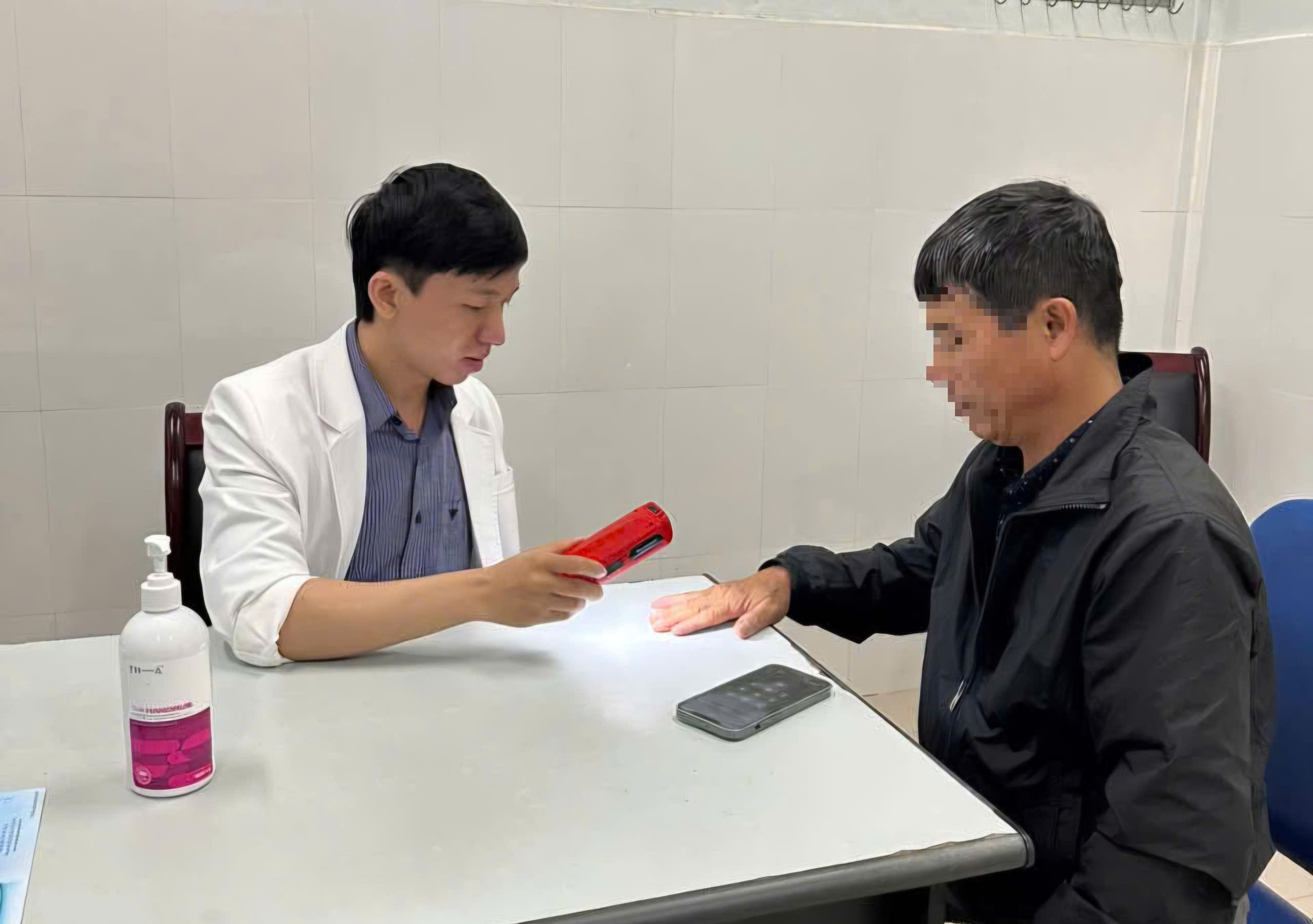
People visit Hue City Dermatology Hospital.
Of these, the rate of dermatological diseases related to floods accounts for about 25-30% of the total number of patients. Most of them are people living in low-lying areas, having to soak in water for a long time and come into direct contact with dirty water when cleaning.
The most common diseases include contact dermatitis, skin fungus, and skin infections. A typical case is Ms. NTS (38 years old) with contact dermatitis in the armpit area. Initially, Ms. S. felt itchy and had a red rash, thinking it was an allergy, so she applied topical medication herself.
However, due to the high floodwaters, she could not get to the hospital early, and the injured area became increasingly swollen, painful, and oozing. Upon admission, the doctor diagnosed her with cellulitis due to a skin infection, requiring antibiotic treatment and local wound care for many days.
Speaking to reporters from the Health & Life Newspaper, Dr. Nguyen Dac Hanh, Director of the Hue City Dermatology Hospital, said that after floods, the environment is often humid and polluted, containing bacteria, fungi, parasites from waste, animal carcasses and sewage. When the skin is exposed to dirty water for a long time, the natural protective layer is broken, creating conditions for microorganisms to invade and cause disease.
Lack of clean water for bathing, washing clothes, wearing damp clothes, wearing rubber boots all day are also high risk factors. People with sensitive constitutions such as children, the elderly, people with chronic diseases such as diabetes, immunodeficiency are often more severe.
"If possible, people should limit contact with dirty water. When forced to work in flooded environments, they should wear boots and gloves. After contact with flood water, they should wash their bodies with clean water, dry their skin, and change into dry clothes. Do not arbitrarily apply medicine or use folk remedies of unknown origin to treat illnesses," said Dr. Nguyen Dac Hanh.
What to do to prevent skin diseases?
To protect the skin, experts recommend that people take a variety of preventive measures, especially during and after floods. General measures include maintaining personal hygiene, bathing with clean water, not bathing or washing clothes with dirty water, not wearing damp clothes, and avoiding wading in flooded areas.
If necessary, wash immediately with clean water, dry the body, use antibacterial soap, avoid scratching or breaking blisters, drink enough water, eat lots of fruits and vegetables to increase resistance. When there are unusual symptoms, do not use drugs on your own, go to the nearest medical station or hospital for examination and treatment.
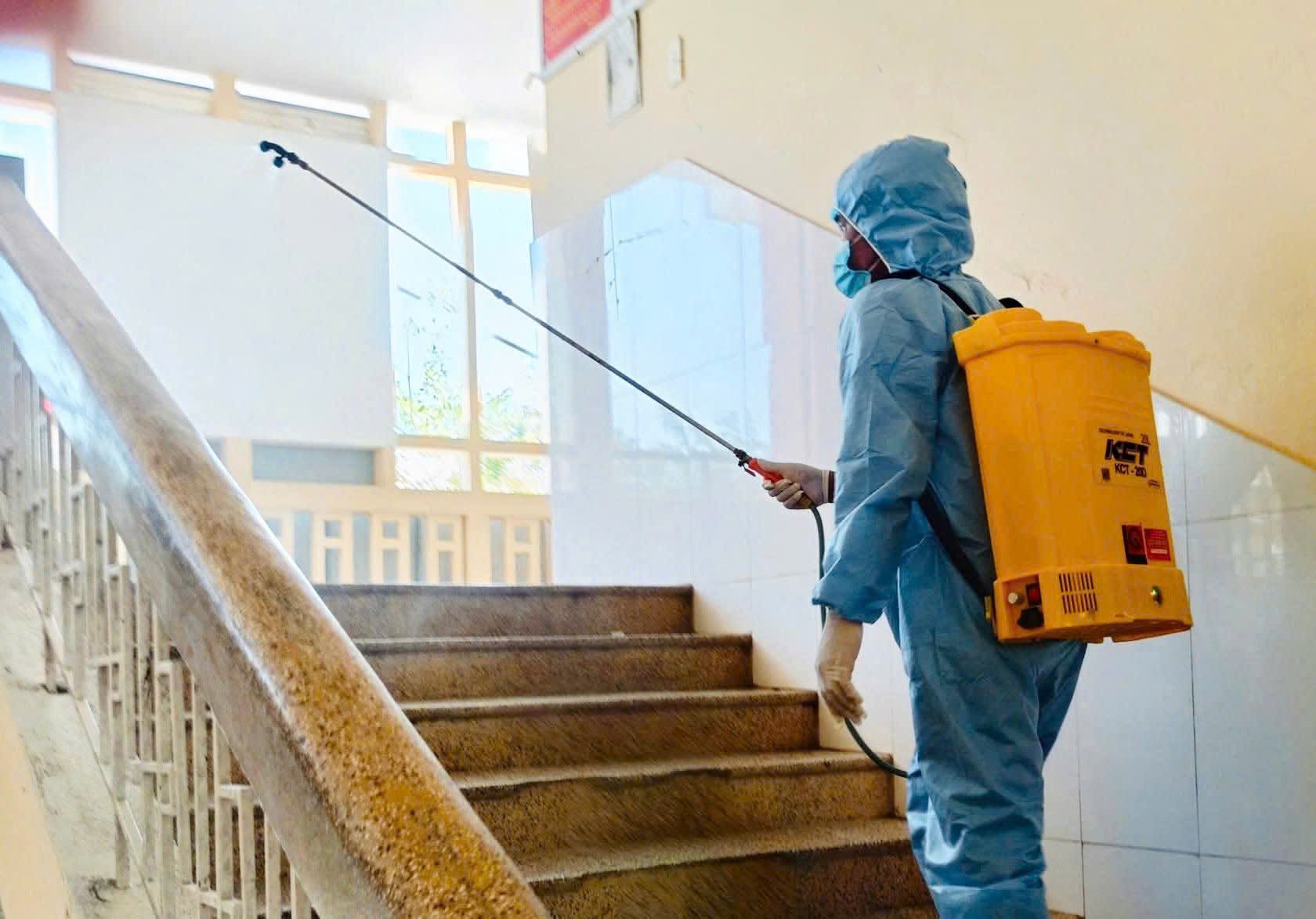
The medical sector sprays disinfectants to prevent epidemics after floods.
Common skin diseases and how to prevent them, specifically:
- Contact dermatitis: Usually causes red, itchy, rashy, burning, oozing or scaly skin. People should wear boots and gloves when working in water, wash skin with soap, keep skin dry and change wet clothes immediately after leaving flooded areas.
- Skin fungus (ringworm, athlete's foot - appears when the skin is wet for a long time): Often causes itching, flaking, cracking, blisters. Effective prevention is to keep the body dry, do not share towels, slippers, or clothes.
- Skin infection (ulcers, cellulitis - usually caused by bacteria entering through scratches): Symptoms include red, painful, swollen skin, pus or ulcers, and even fever. When this sign appears, cover the wound, wash with antiseptic solution, and go to a medical facility for treatment.
- Scabies, mites and parasitic lice (often thrive in humid, unsanitary, crowded environments): The disease causes severe itching, small blisters, and red bumps. To prevent this, you should bathe regularly, wash and dry clothes and blankets, and limit sharing personal items.
Hue City Dermatology Hospital said that the unit is always ready to support, advise and accompany people in caring for and protecting their skin, especially during the rainy and stormy season, when the risk of skin diseases increases. "When you see unusual signs on your skin, you need to go to a medical facility for early examination and treatment to avoid complications," emphasized Dr. Nguyen Dac Hanh.
Source: https://suckhoedoisong.vn/nhung-dieu-can-biet-de-phong-benh-da-lieu-sau-mua-lu-169251109223156522.htm








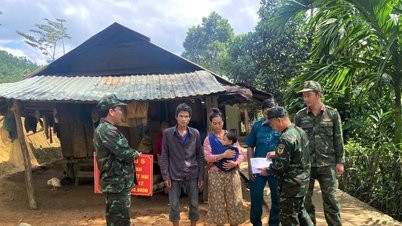

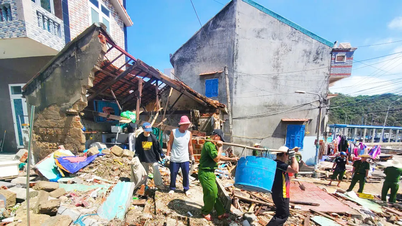






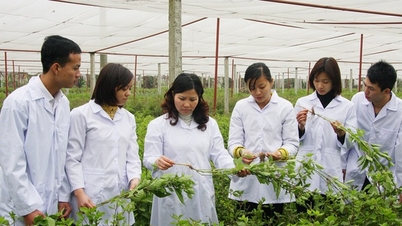
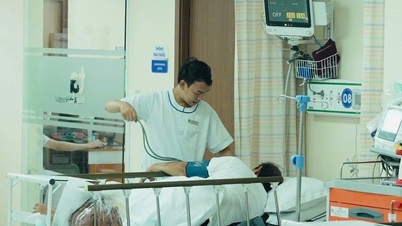


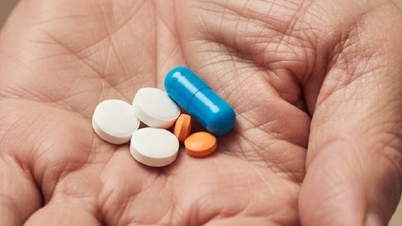
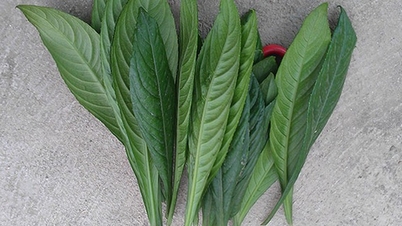
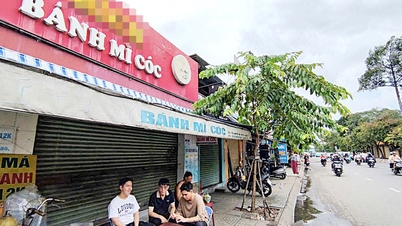





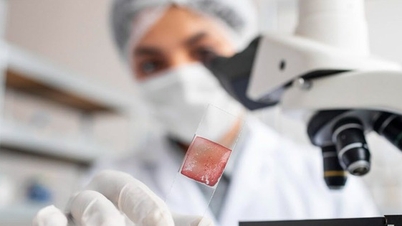
















































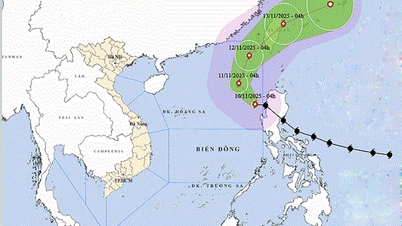





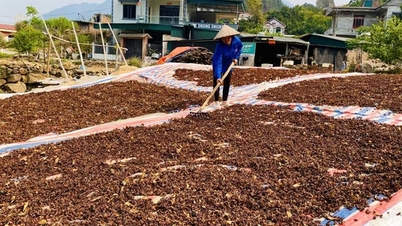






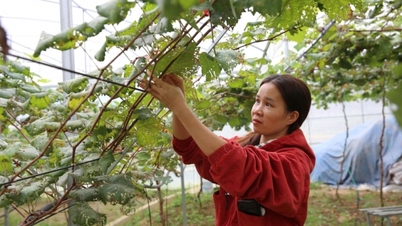



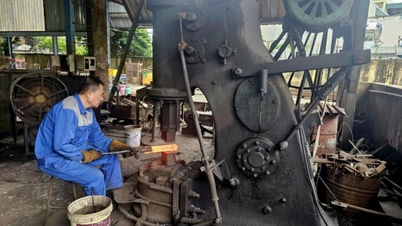
![Dong Nai OCOP transition: [Article 3] Linking tourism with OCOP product consumption](https://vphoto.vietnam.vn/thumb/402x226/vietnam/resource/IMAGE/2025/11/10/1762739199309_1324-2740-7_n-162543_981.jpeg)













Comment (0)